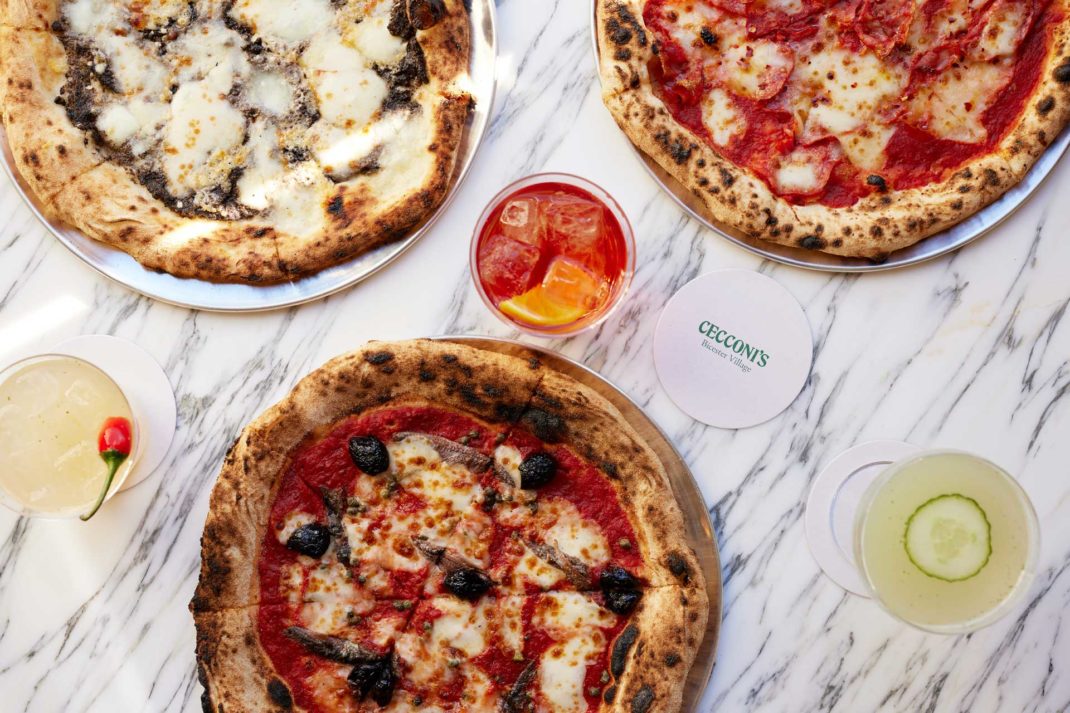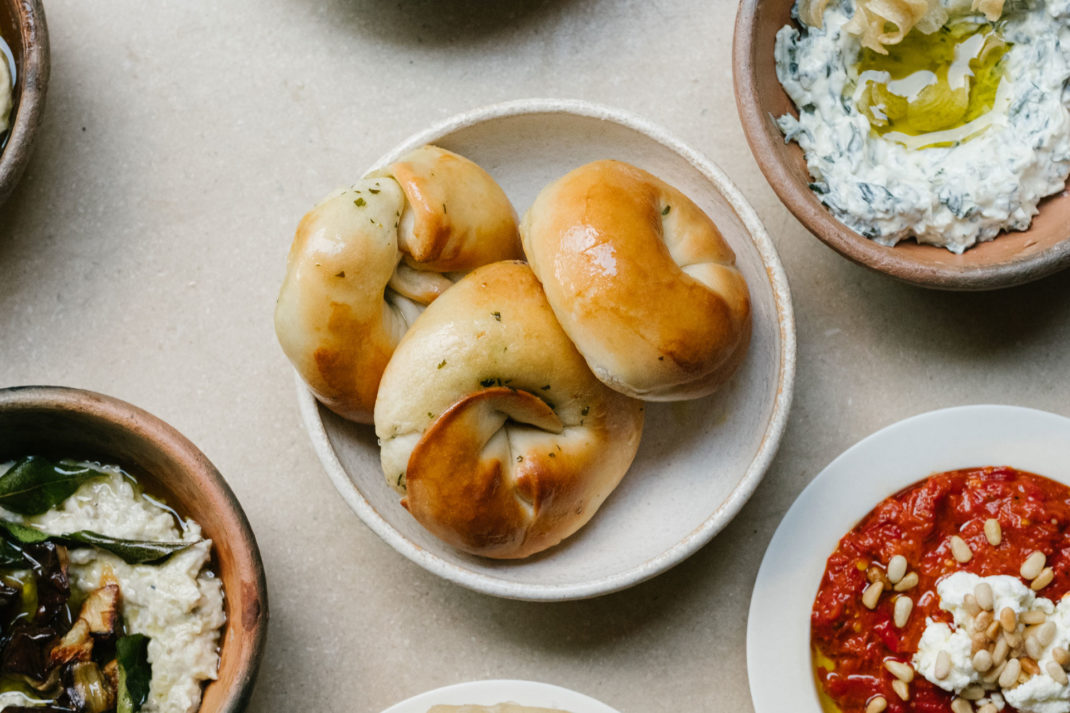Bother: The Slow Delivery App Revolutionising Shopping
By
3 years ago
CEO Douglas Morton on how his delivery service will help us shop smarter – and greener
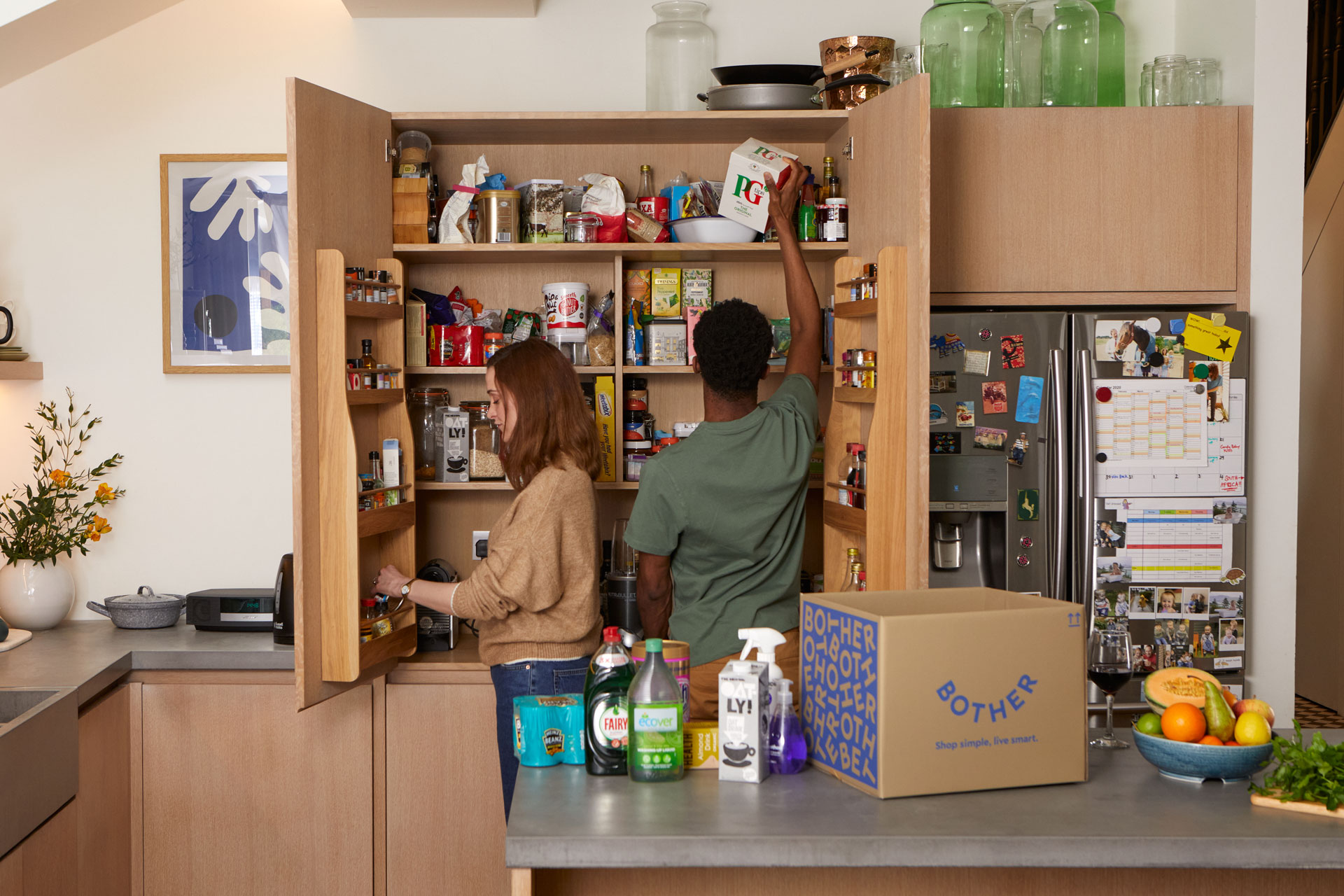
Spurred on by Covid, the delivery world has accelerated in recent years. At just the tap of a button, we can have groceries delivered to our doorstep within minutes; or an Amazon parcel whizzed over that same evening. Like in so many areas of life, we crave speed – the quicker the better. Yet the selling point of Bother, one of the newer delivery services on the market, is the exact opposite. Bother is all about delivering things to us when we need them, using AI to suss out our unique shopping habits. The focus is predominantly on household items, though you can also buy food cupboard products and drinks via the website or app. It’s designed to not only make our lives simpler, but to reduce the carbon footprint of every household, supporting local, eco-friendly businesses at the same time. We sat down with founder and CEO Douglas Morton to find out more.
Interview with Bother Founder Douglas Morton
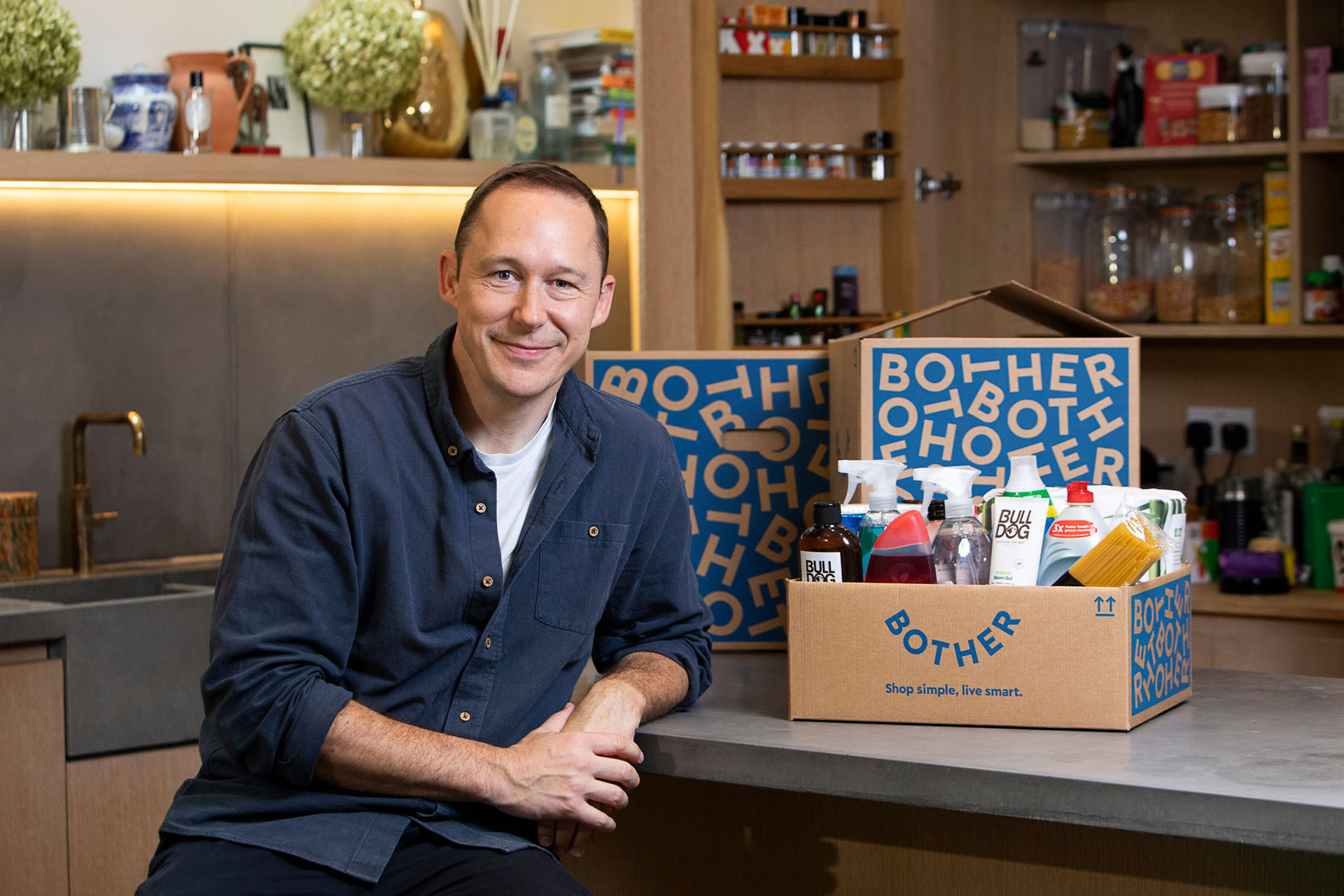
What is Bother and where did the concept come from?
I’m a father of three young children and my wife has her own business as well, so we’re very busy, and I was just getting more and more frustrated with having to shop for the same things again and again. Bother is a household management tool. It is ultimately designed to simplify people’s lives, so removing the need to shop for heavy, boring, household staples that no-one really wants to shop for. It’s supported by AI and is designed to minimise the time that’s spent by people shopping for things they don’t want to shop for and ensuring people never run out of the things they need in their home.
How is it different to other delivery services on the market?
In general, we think about the home more. We’re trying to take a load off people’s minds – we want to be a household management tool rather than a shop, so it should be something that feels like it’s part of your home. There’s a certain aspect of the shop that people want to do, which tends to be around food, and as soon as people run out of that they want more quickly. But there’s another entire segment that people don’t really want to do – it’s utility in nature: the loo paper, the dishwasher tablets. The simpler we could make that for people, the better.
How does the AI side work?
It’s about trying to get that really deep connection with our customers. While other models might ask consumers how often they need toothpaste, what we say is: we know that you want toothpaste, and we have a better idea about how often you need a new one. We’ll never send you anything that you don’t want, but the question then becomes: have you run out of toothpaste yet? Do you think you’ll need it next month? This is a much simpler question to ask.
How is Bother better for the environment?
It basically comes from the fact that it’s solution orientated. We’re in an environmental crisis at the moment, and asking people to stop flying aeroplanes is not a viable solution. Equally, asking individual consumers to make individual choices that get individually sent to them is not the solution either. The length of time it will take for that to have an impact is astronomical. The change needs to come from companies and the structure of companies, not from individuals themselves. What we’re trying to do is produce an environment in which the solution becomes more sustainable. We sell non-eco things as well, but it’s important to mention why we do that. It’s because the biggest change we can have as a society is making the choices easier to make for people who otherwise don’t make eco choices. In the first instance we’re trying to make the choices you already make better, then make better choices easier to make, and through that dynamic make the investment decisions of the large corporations better.
How have consumer shopping habits changed over the past few years?
Covid obviously had a big impact at the time, but these changes were happening already. I think it’s a misnomer that Covid changed things dramatically. Consumers were already living their lives very differently. My parents’ generation would have planned their meals one to two weeks in advance, while my generation plan one to two days in advance. That has a profound impact on grocery shopping overall. There’s a huge amount of change going on in the way we interact. The grocery industry remains the largest consumer industry that is still yet to have the type of digital penetration we see in every other consumer industry.
Which green business practices are you most proud of?
The overarching one is the B Corp certification. The phenomenal framework encompasses a lot of our vision. We’re net zero in terms of our carbon footprint. And the main thing I’m proud of beyond that is that we are thinking about the overall problem, which isn’t necessarily enhancing of our brand upfront. We don’t look traditionally like an environmentally-friendly brand, but we’re willing to take that on our back because all we’re focusing on is actually making a real impact.
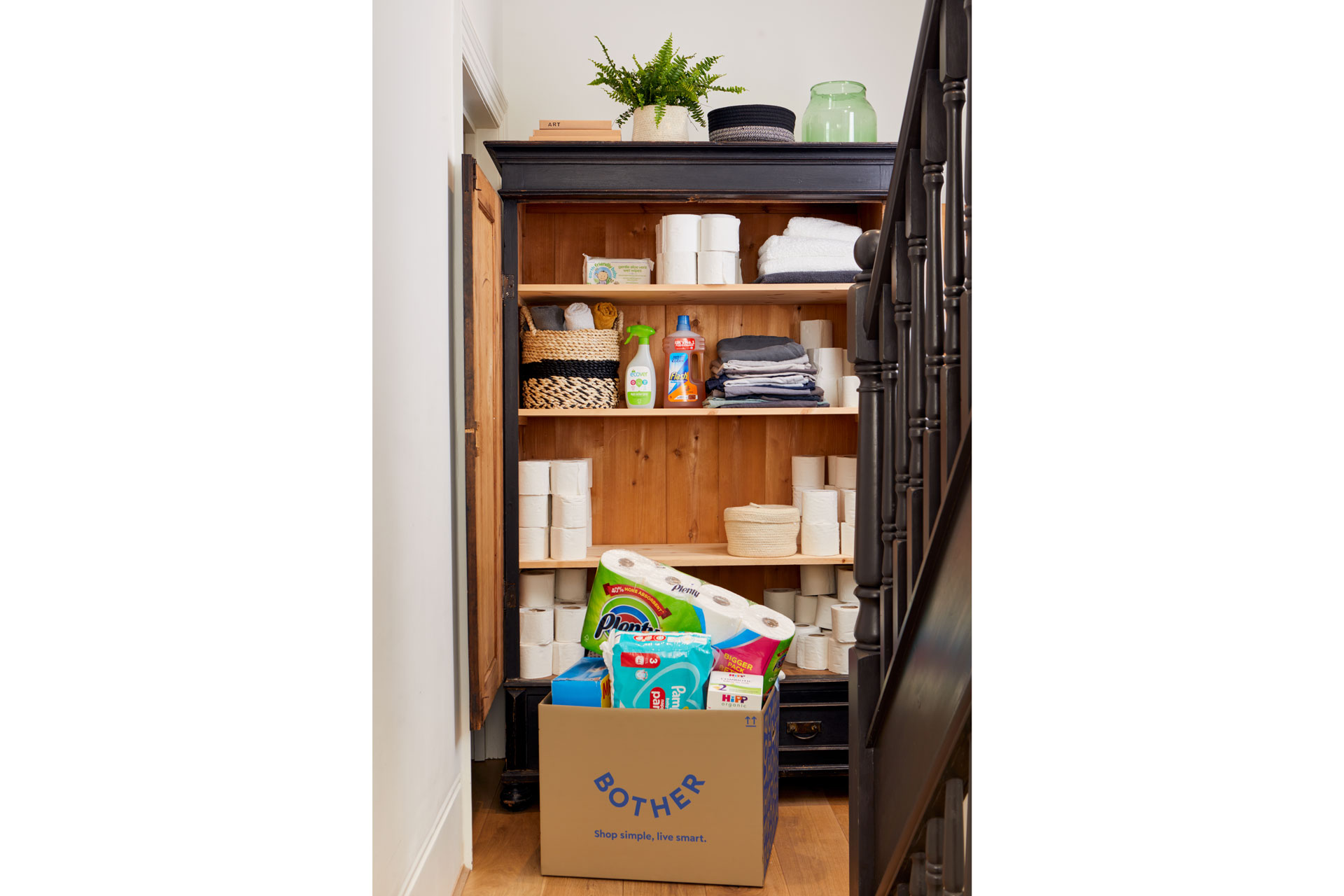
What challenges have you found in running a sustainable business?
The unfortunate reality is customer apathy. With all due respect, the reality is consumers love environmental credentials, but many don’t actually buy along those lines. It’s a real problem in the market. It’s human nature. Again, that’s why the solution is in making that easier for consumers – whether that’s making it cheaper or putting it all in one place.
What makes you feel positive about the future?
There are a lot of new companies coming up – and the great thing is, every single company now has to have an environmental practice. I’m an ex-finance guy as well, so what I see happening in ESG funds is very exciting as well. The majority of capital, at the very large end of the market, is focused on ESG, so that’s great. And general intention is brilliant for consumers.
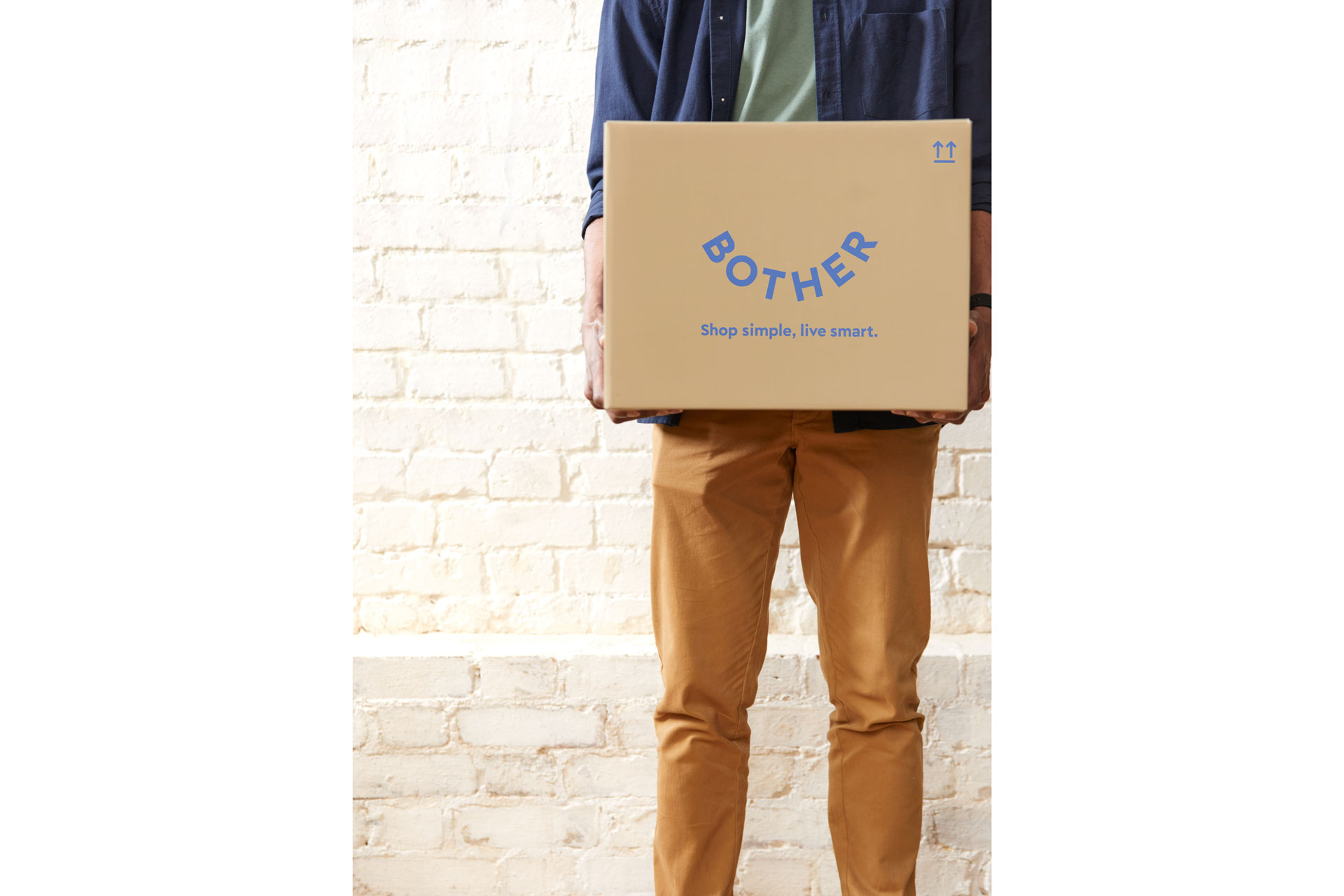
What makes you feel fearful?
What makes me feel fearful is both the micro and the macro. It makes me fearful that people have the best intentions but don’t necessarily act in line with their intentions. I don’t think there’s any blame in that; we have to make that transition easier to make and less onerous on consumers. When factors like Ukraine and Covid come into play, which seem far more imminent and direct, we lose our intention on what is just as large – if not a larger issue, happening slightly more slowly.
What should we be doing to help the climate change fight?
I find virtue signalling is one of the most destructive influences in the whole movement – it means everyone is pulled in different directions. We should be eating less meat. And it’s important to support companies that are trying to make a positive impact and looking beyond the obvious. So the other big thing is, of course, to shop at Bother!
Shop at bother.com
READ MORE:
Sustainable Food Delivery Services / Zero-Waste Shops in London

